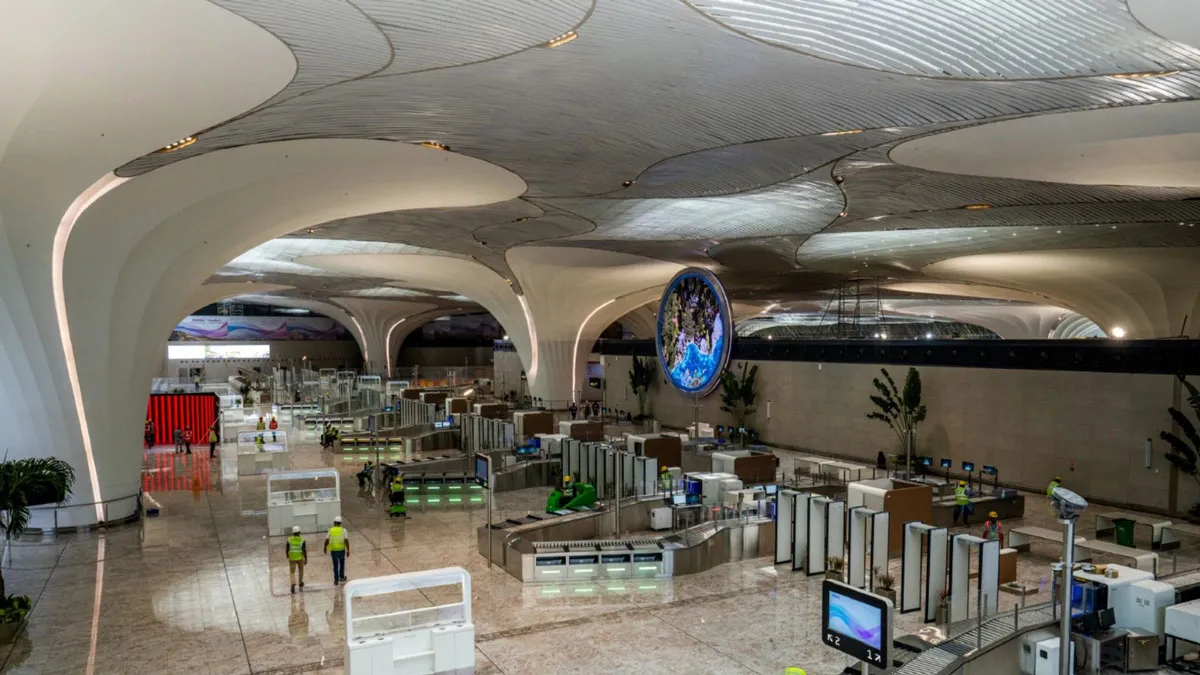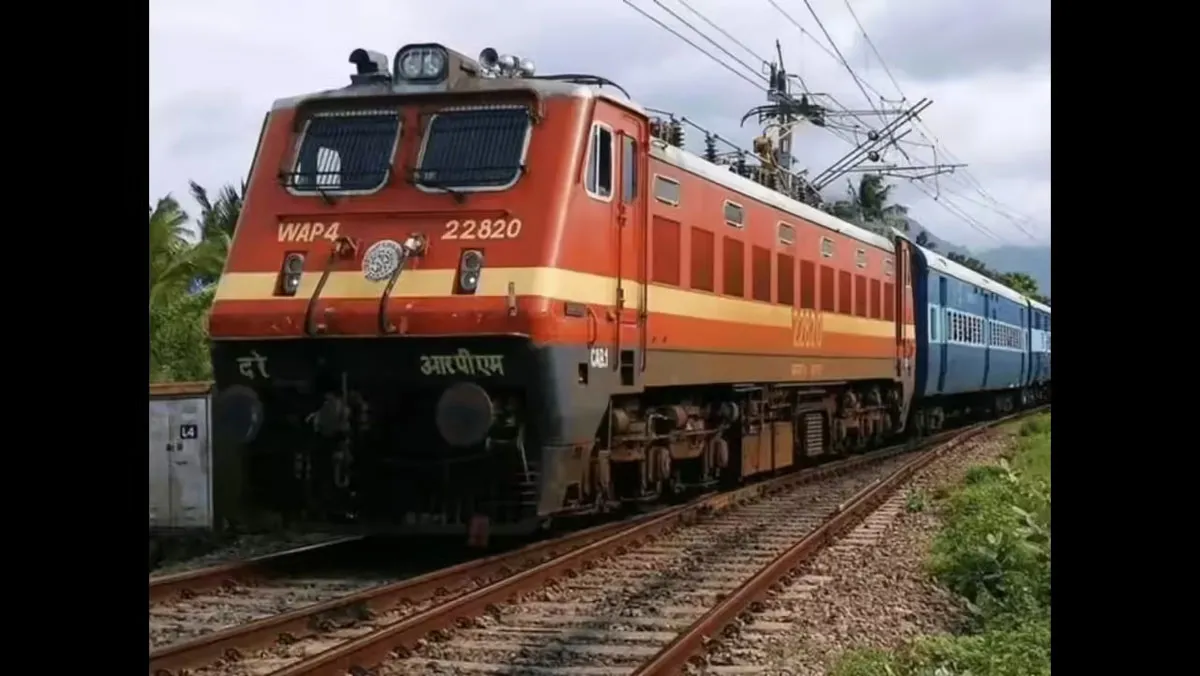Industry speak: Integrated and sustainable remedies for project delays CW collates key suggestions and recommendations from industry bigwigs on possible solutions to avoid project delays.
Yogesh Jain, Managing Director, PNC Infratech:
"If project proponents take discernibly advanced actions on contentious matters before award of the projects for implementation, it can greatly help in avoiding time and cost overrun in execution.
With land, utilities and forest clearances being essentially in the domain of state governments, for integrated and sustainable solutions, central project proponents like MoRTH, NHAI and NHIDCL should have a deep understanding of the real issues and endeavour to undertake relentless coordination and intense follow-up with the concerned state government departments with both the top-down and bottom-up approaches.
While NHAI and other Central Government authorities are waffling in resolving the above issues, state-level authorities like UPEIDA, MSRDC and MPRDC are able to acquire the required land in a timely manner for their projects. The Agra-Lucknow, Purvanchal and Mumbai-Nagpur Expressway projects are examples where around 90 per cent of the required land was made available at the time of project award. These state-level authorities deploy large, dedicated teams comprising both working and retired employees of the revenue, forest and utility departments of respective state governments to resolve these issues in a time-bound and sustainable manner. MoRTH, NHAI and NHIDCL should consider emulating a similar framework mechanism for their projects.”
Jai Prakash Shivahare, Managing Director, Dholera Industrial City Development Company:
“Issues related to project delays should be addressed before and during design, and followed by close monitoring of performance on a regular basis. For example, all mega projects must go through an independent value engineering and planning exercise to ensure that the expectations set are realistic and that bidders of repute will bid and are properly engaged during the bidding process.”
RK Pandey, Member-Projects, NHAI:
“Project execution involves not only Central Government agencies, but the states too. There are several instances where a contractor is unable to procure the required raw materials such as aggregates or the required permissions at state level, which leads to delay in project execution. Hence, state agencies should come forward and facilitate the necessary permissions so to avoid the scenario.”
Jagdish Salgaonkar, Senior Vice President-Major Programmes, Aecom:
“For significant big-ticket projects above a certain size, an independent assessment should be mandated in terms of understanding what it will take to execute the work. For instance, if the project has a timeline of three to four years, an assessment needs to be conducted to be sure if this is reasonable. Independent value engineering will also help in addressing, in an integrated manner, various permits, land handover, etc.”
Dr A Sivathanu Pillai, President, Project Management Associates India:
“Recognising project management as an independent competence, separate from the technical qualifications and experience of the project professional, will prove beneficial. To control delays, people managing projects should be competent in project management techniques. This calls for establishing a standard for project management competence across industries and all levels. This needs active patronage by the Government of India and industries, by the recognition of project management certification as a mandatory requirement for all project-related roles and positions.”
RA Rajeev, Metropolitan Commissioner, Mumbai Metropolitan Region Development Authority:
“Inter-department coordination for various approvals related to the project should be stronger.
One classic example is the Maharashtra chief minister’s ‘war room’, which has been successful in avoiding delays in mega projects by increasing interdepartmental coordination. Similarly, the Prime Minister’s Pragati meetings that he conducts through video conferencing with chief secretaries across states along with his secretaries and ministries.
The effort here is to reduce intergovernmental delays in clearances. These are the two best examples of how intergovernmental and interdepartmental delays can be avoided.”
Devendra Jain, Executive Director and CEO, Dilip Buildcon
“Authorities such as NHAI should come up with single-window solutions for project execution. If they are able to do so, it is unlikely that projects will witness a time and cost overrun.
As many agencies, including MoEF, MoRTH, Revenue Department, Utilities Departments, Railways, etc, involved in project execution, must form either a district-wise or state-wise team for every project and work in tandem. This will lead to faster project clearance. With this, the team can also give some kind of guarantee, collateral or comfort level to banks so that funding will be swift for projects. Such a practice will gain the trust of banks. But such initiatives must be implemented from the Centre’s side as states have their own issues when it comes to dealing with the Central Government.
The government can also come up with a particular standard of procedures for project execution. In fact, it must call the CEOs of top contracting firms to collectively recommend integrated solutions.”
SHRIYAL SETHUMADHAVAN and RAHUL KAMAT



















